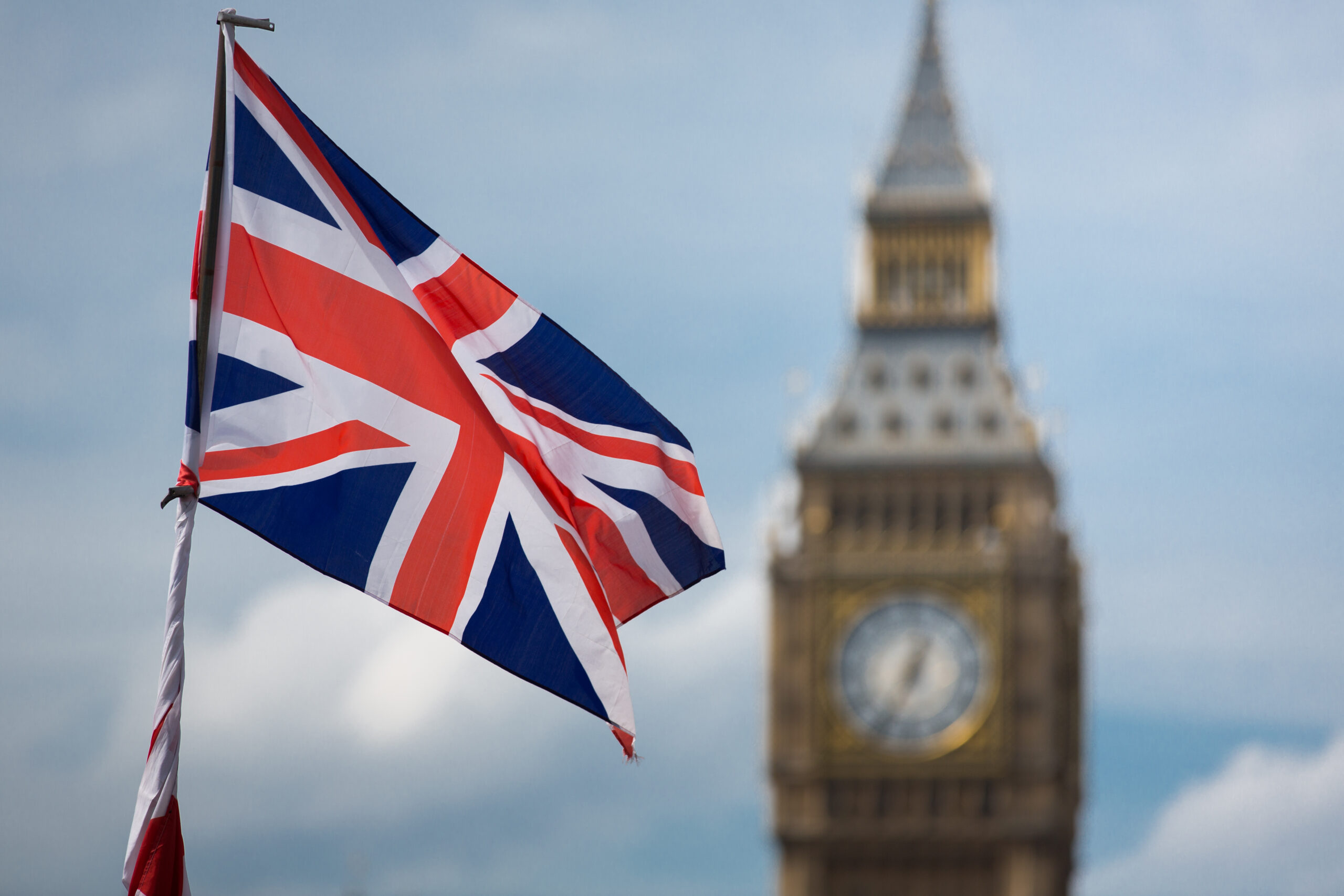Backlash intensifies at UK government’s extremism definition
The UK government yesterday unveiled a new definition of extremism to determine which organisations get public funds and meetings with officials, prompting criticism from civic, political and religious groups.
The change, to what ministers call a “more precise and rigorous” definition, comes two weeks after Prime Minister Rishi Sunak warned of a “shocking increase in extremist disruption and criminality” that risked “mob rule”.
Sunak’s comments followed months of pro-Palestinian protests in British cities that have raised questions about policing and enforcing legislation against anti-Semitism.
The government previously defined extremism as “the vocal or active opposition to our fundamental values” such as “mutual respect and tolerance”.
The new wording describes extremism as “the promotion or advancement of an ideology based on violence, hatred or intolerance” that seeks to achieve one of several aims.
These are to “negate or destroy the fundamental rights and freedoms of others”; to “undermine, overturn or replace the UK’s system of liberal parliamentary democracy and democratic rights”; or to “intentionally create a permissive environment for others to achieve” one of the two previous aims.
Sunak’s ruling Conservative party has faced claims of Islamophobia, after a former deputy chairman accused London Mayor Sadiq Khan of links to Islamists.
LondonGBDESK//



Comments are closed.